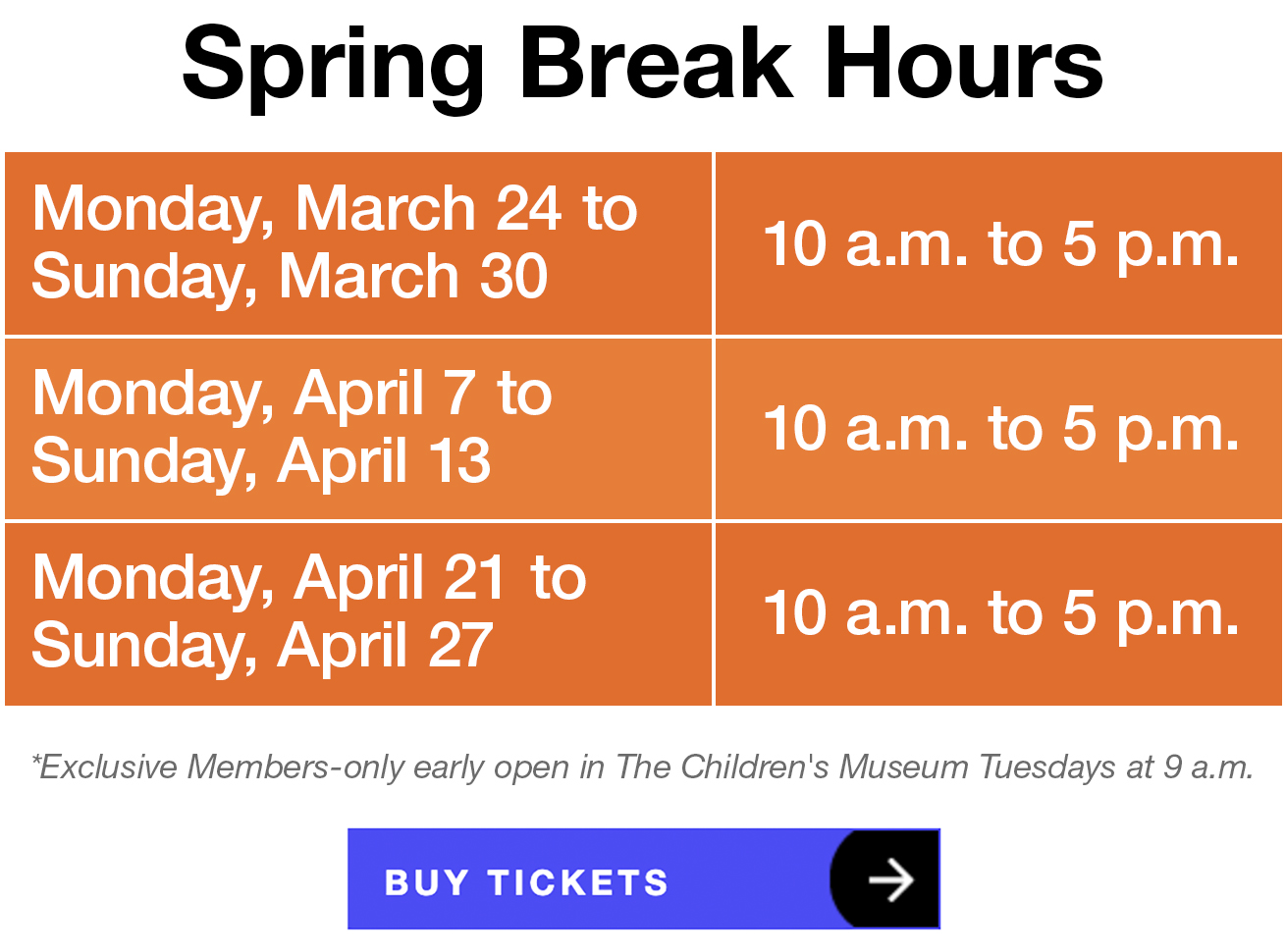
CMC Blog
The Long Arm of Prohibition: The F. L. Emmert Company’s Struggle to Survive
By: Sarah Staples, Helen Steiner Rice Archivist

F.L. Emmert Company wagon, n.d. Cincinnati Museum Center. Mss BC 001. F.L. Emmert Company Records: box 8, file 6.
Savior Maier (1820-1903) and his son-in-law, F. L. Emmert (1839-1888), opened a saloon at the corner of Clifton and Vine streets in 1881. In the day-to-day operation of the saloon, Maier and Emmert learned that brewers were struggling to deal with the large quantities of wet mash, or spent grain, a byproduct of brewing. Seeing an opportunity, Emmert changed the focus of his business and started dealing in spent brewer’s grain. His primary customers were local farmers, milk producers and feed dealers.
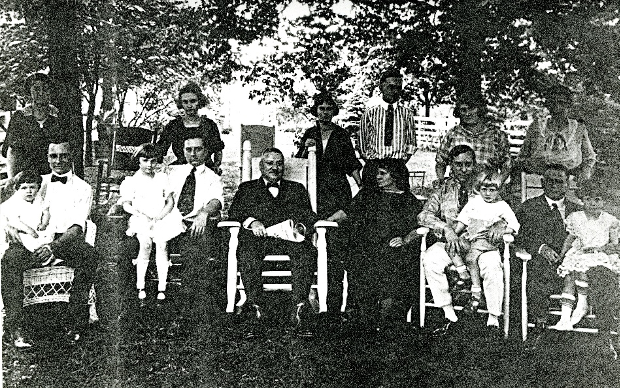
Emmert family (Frederick and wife seated in the middle, their four sons seated with small children in their laps, their daughter standing behind them), ca. 1922. Cincinnati Museum Center. Mss BC 001. F.L. Emmert Company Records: box 8, file 6.
In 1889, when F. L. Emmert died his son, Frederick, took over as president of the F.L. Emmert Company. The abundance of Cincinnati breweries kept the company fully supplied in spent grain. The company furthered its success and profitability by developing a drying technique which enabled them to dry wet spent grain. The drying process allowed for easier handling and shipping. The company was so successful that Frederick was able to retire before the age of 50. His four sons – F. L., Jr. (President), G.F. Thomas (Vice President), Albert (Secretary) and Amor (Treasurer) – took over operation of the family business. Unfortunately, Prohibition caused serious problems for the company. Their largest supplier, Christian Moerlein, closed in 1919. Most of the other breweries closed by the late 1920s.
In addition to the dwindling amount of local spent brewer’s grain, Canada started “dumping” large quantities of their spent brewer’s grain into the American market which caused the already fragile market to become even more volatile.
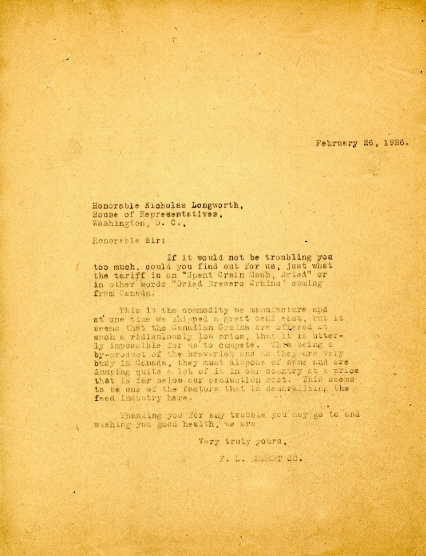
Letter from F.L. Emmert Jr. to Nicholas Longworth, February 26, 1926. Cincinnati Museum Center. Mss BC 001. F.L. Emmert Company Records: box 1, file 37.

Letter from Chairman of the Unites States Tariff Commission to Nicholas Longworth, March 3, 1926. Cincinnati Museum Center. Mss BC 001. F.L. Emmert Company Records: box 1, file 37.
In order to stay competative and increase their supplies, the Emmert Company communicated with breweries much further away.
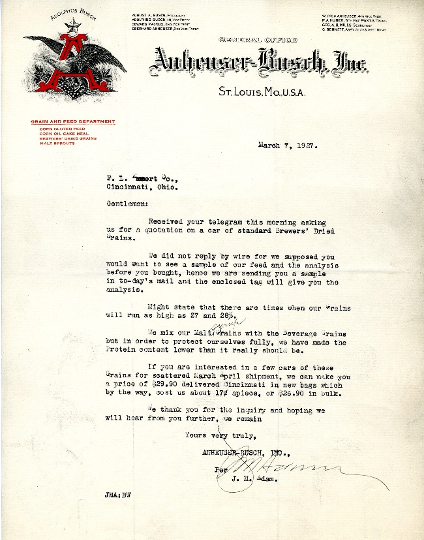
Letters between F.L. Emmert Jr. and Anheuser-Busch, Inc., March 1927. Cincinnati Museum Center. Mss BC 001. F.L. Emmert Company Records: box 1, file 26.

Letters between F.L. Emmert Jr. and Anheuser-Busch, Inc., March 1927. Cincinnati Museum Center. Mss BC 001. F.L. Emmert Company Records: box 1, file 26.
The struggle to remain open during Prohibtion lead to F.L. Emmert, Jr.’s involvement in politics. The National Headquarters Association Against the Prohibition Amendment began fighting against the Eighteenth Amendment in 1918.
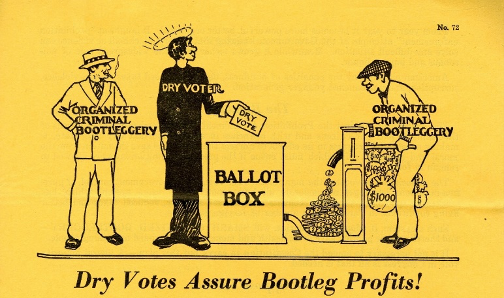
Political prohibition cartoon, 1927. Cincinnati Museum Center. Mss BC 001. F.L. Emmert Company Records: box 1, file 26.
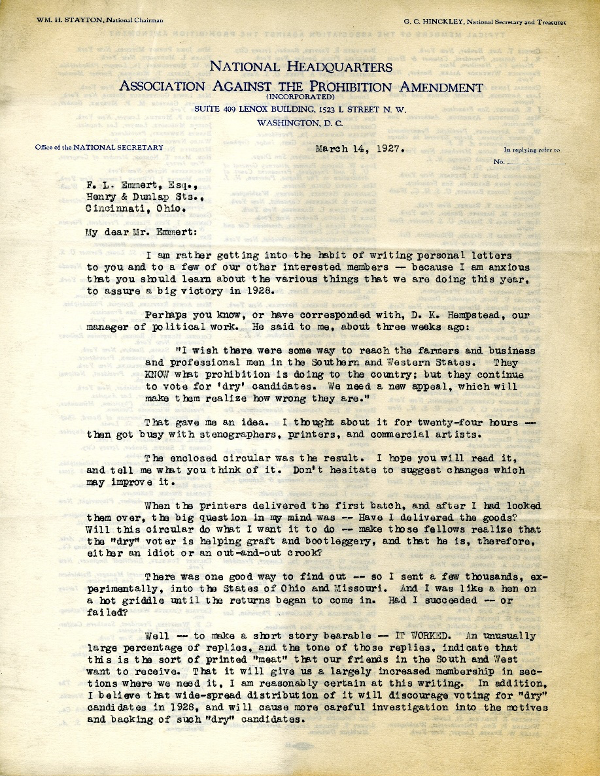
Letter from G.C. Hinckley, National Secretary of the Association Against the Prohibition Amendment, to F.L. Emmert, Jr., March 14, 1927. Cincinnati Museum Center. Mss BC 001. F.L. Emmert Company Records: box 1, file 26.
The company was able to limp along through the 1920s, but by 1933 the company’s finances had reached dire straits. In the following letter, F.L., Jr. proposed a plan to save the company to his father.
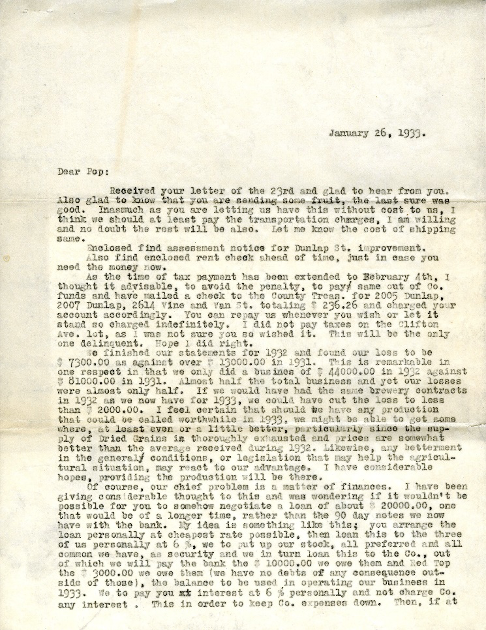
Letter from F.L. Emmert, Jr. to Frederick Emmert, January 26, 1933. Cincinnati Museum Center. Mss BC 001. F.L. Emmert Company Records: box 7, file 5.
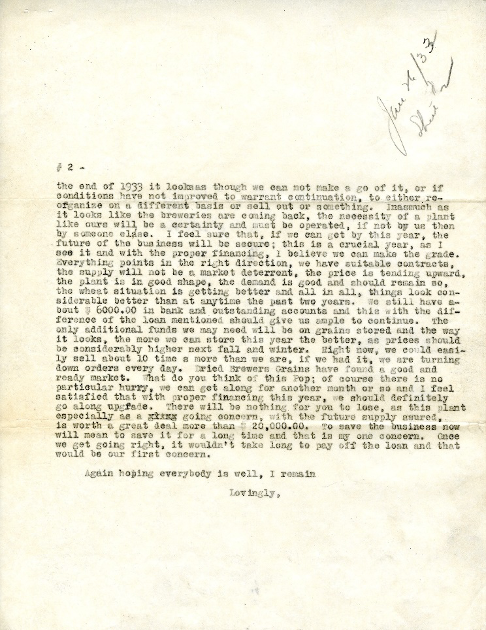
Letter from F.L. Emmert, Jr. to Frederick Emmert, January 26, 1933. Cincinnati Museum Center. Mss BC 001. F.L. Emmert Company Records: box 7, file 5.
Its unclear if Frederick Emmert agreed to F.L., Jr.’s plan, but it seems likely since the company survived. As of Spring 2020 the Emmert family still owns the company.
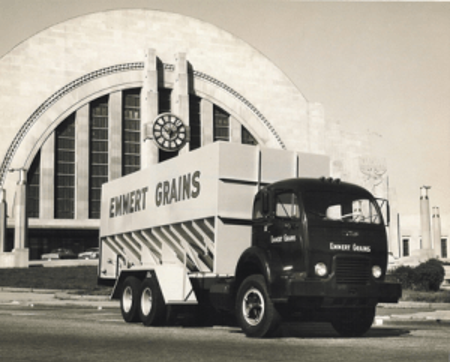
Photo from the F.L. Emmert Company website.
All Museums Ticket
Includes Cincinnati History Museum, Museum of Natural History & Science, The Children’s Museum and Julia Child: A Recipe for Life.
| Adult (13+): | |
| Senior (60+): | |
| Child (3-12): | |
| Member Adult: | FREE |
| Member Child: | FREE |
Members receive discounts!
Become a Member today to save on programs, exhibits and films throughout CMC.
Museum Hours
Open Thursday – Monday
10 a.m. to 5 p.m.
Closed Tuesday and Wednesday
Closed Thanksgiving Day and Christmas Day
Member’s-only early entry: Saturdays at 9 a.m.
Customer Service Hours:
Monday – Sunday, 9 a.m. to 5 p.m.

